I wrote this blog post 2 years before I wrote my book "Childhood Unlimited: parenting beyond the gender bias". I knew that to me the childhood piece of equality was key and the ground of every other feminist battle. The possibility to spare our kids a lot of unlearning and also the joy of letting them be themselves beyond the self-fulfulling prophecy.
Not only I think this blog is still relevant, I also think is a great intro before we go any deeper.
When you find out you are becoming a parent you promise yourself that you will be the best parent you can, you promise to right the wrongs that were done to you, to multiply the things that were done correctly. You know it is going to be a challenge but you probably don’t ever understand just how big of one until you are staring it in the face.
Kids are those amazing creatures that absorb everything, that learn constantly, using their 5 senses, they don’t have prejudices or preconceptions. They are white pages but the problem is that it doesn’t matter how well you deal with your part of the job because society also has a say, and the way its message is sent, in different channels, at different times, from different people… is very difficult to overcome. Another big hurdle is that a large part of the time we are not even conscious that the message is being sent, and (also unconsciously) being received by our kids.
The books we read them are mostly male focused (57% vs 31%) with 3 males for every female character and the latter are missing completely in a fifth of them; also male animals are large, and predators, and wild, and females are vulnerable and smaller. When females are shown they are more likely than not presented as caregivers.
When we listen to nursery rhymes it is always mum who calls the doctor (which in cartoons is always male), mum is the one that goes for a swim with the ducklings, is the little boy that gets the wool from the ship. Never the little girl. But the farm is old McDonald’s. And those are the first messages we send them.
They get different toys, that enhance different skills, we speak to them differently (more to girls than to boys), we dress them in different clothes despite having the same body at that stage… we add unnecessary texture to girl’s clothing that invites to be touched, but we give the boys the robust shoes and the warm trousers. We tell girls that are beautiful and we say “you know how boys are” in front of them not giving too much importance to the fact that they are always listening.
And it adds up. Toys, comments, tv shows, books, songs, clothes…and then we call it nature. We say to ourselves that those were their choices, that they are just different. But we are not that different, not at that stage. And it is not me saying it, it is science.
The problem is that because most of those things look ridiculously small, we don’t give them much importance, but they are massive when you put them together, they have a multiplying effect and they are part of a consistent message.
Experts agree that the most important thing is to have positive role models in the house, basically “practice as you preach”, but they also agree that the other crucial point is to teach them critical thinking, to make them wonder why and question the (lack of) logic in those repeated ideas.
Use the situations where you spot something sexist or stereotypical and ask them what they think about it, and why, and keep guiding their own thoughts through questions to make them do the whole exercise of awareness and realisation. They are very open to readjusting their own beliefs, contrary to lots of adults, so let’s train them to think critically, to challenge what is assumed as normal and dig further.
When you are a parent at the end of the day you just want your kids to be good people and happy. What if equality were the way to both?
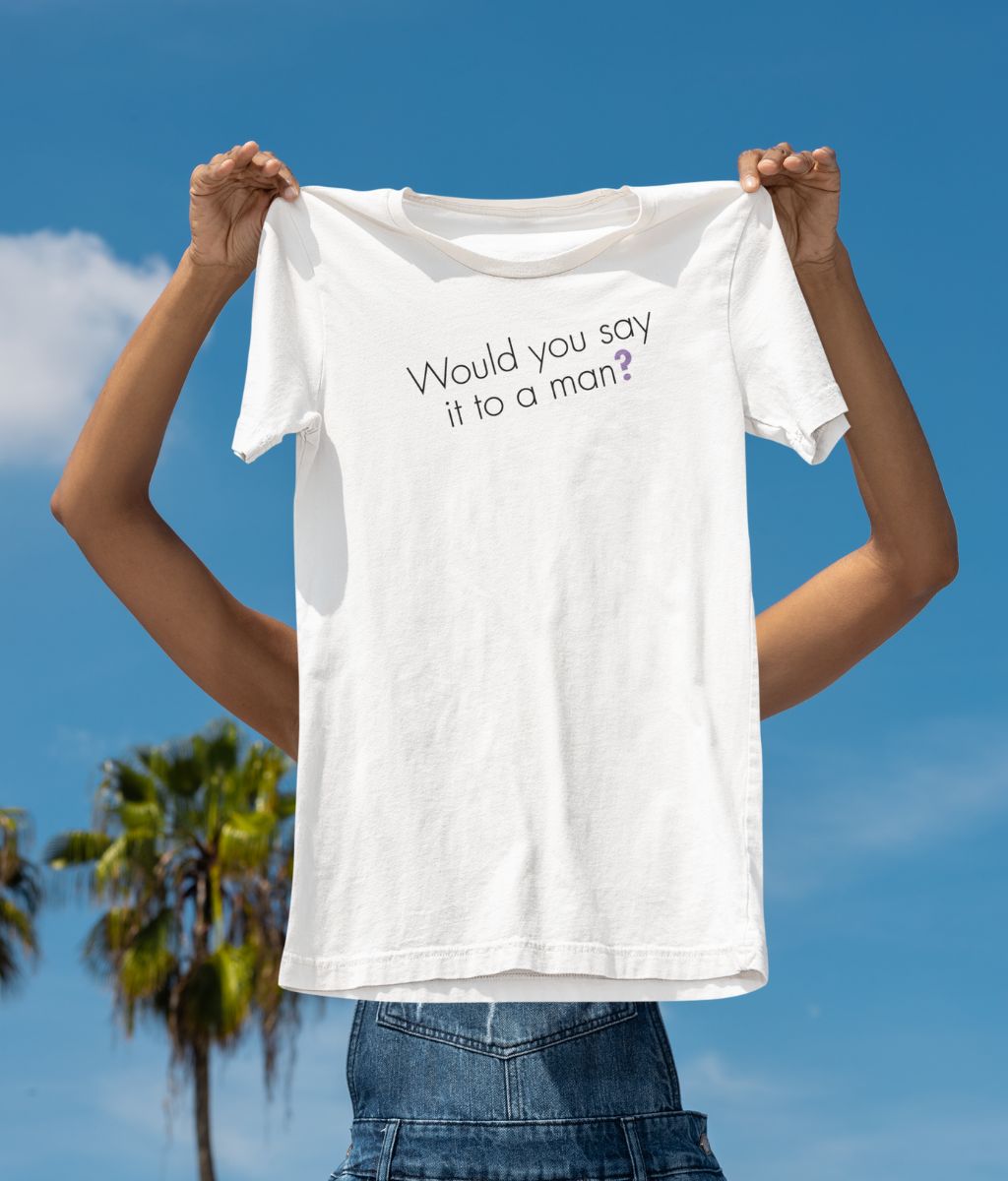
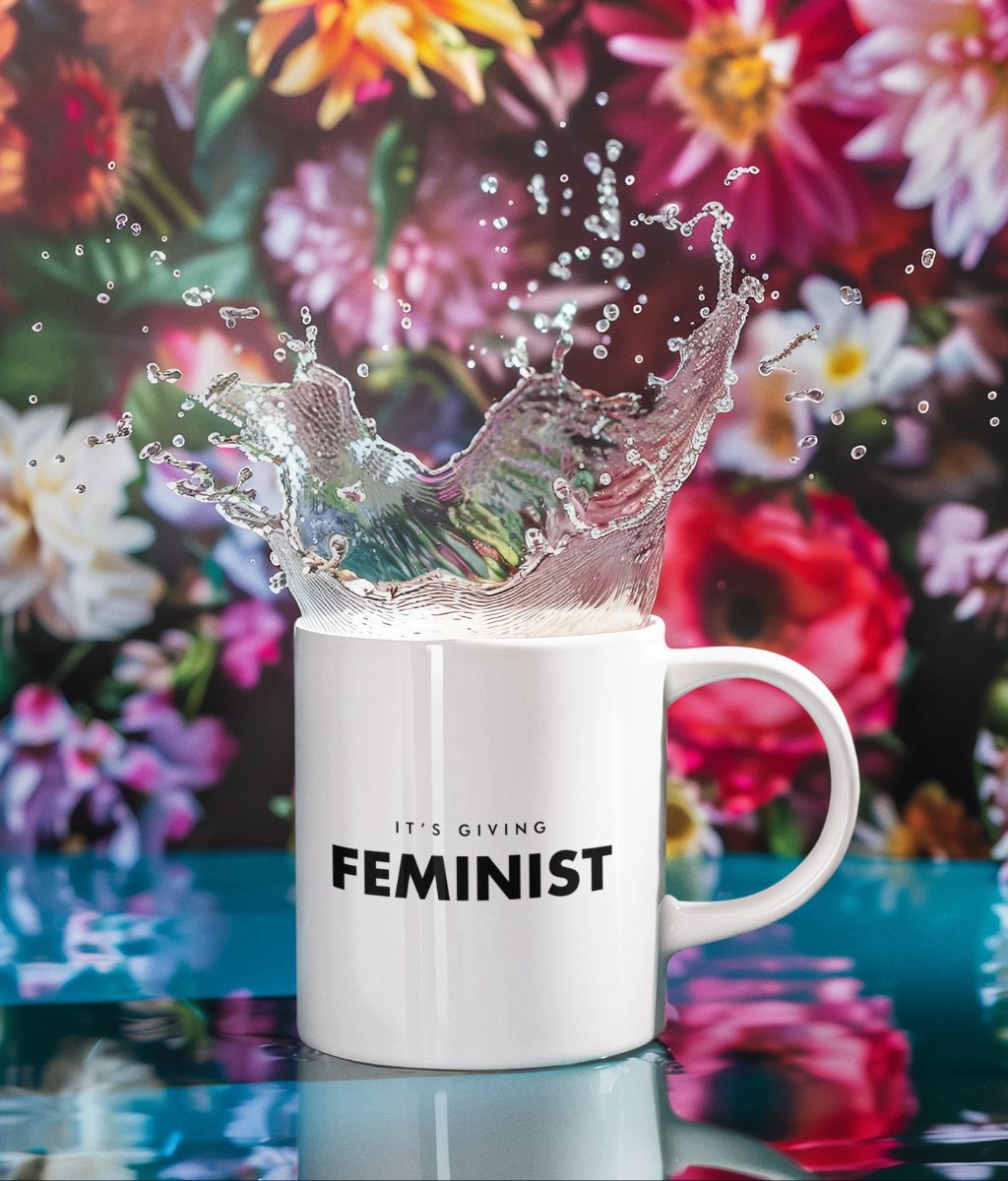

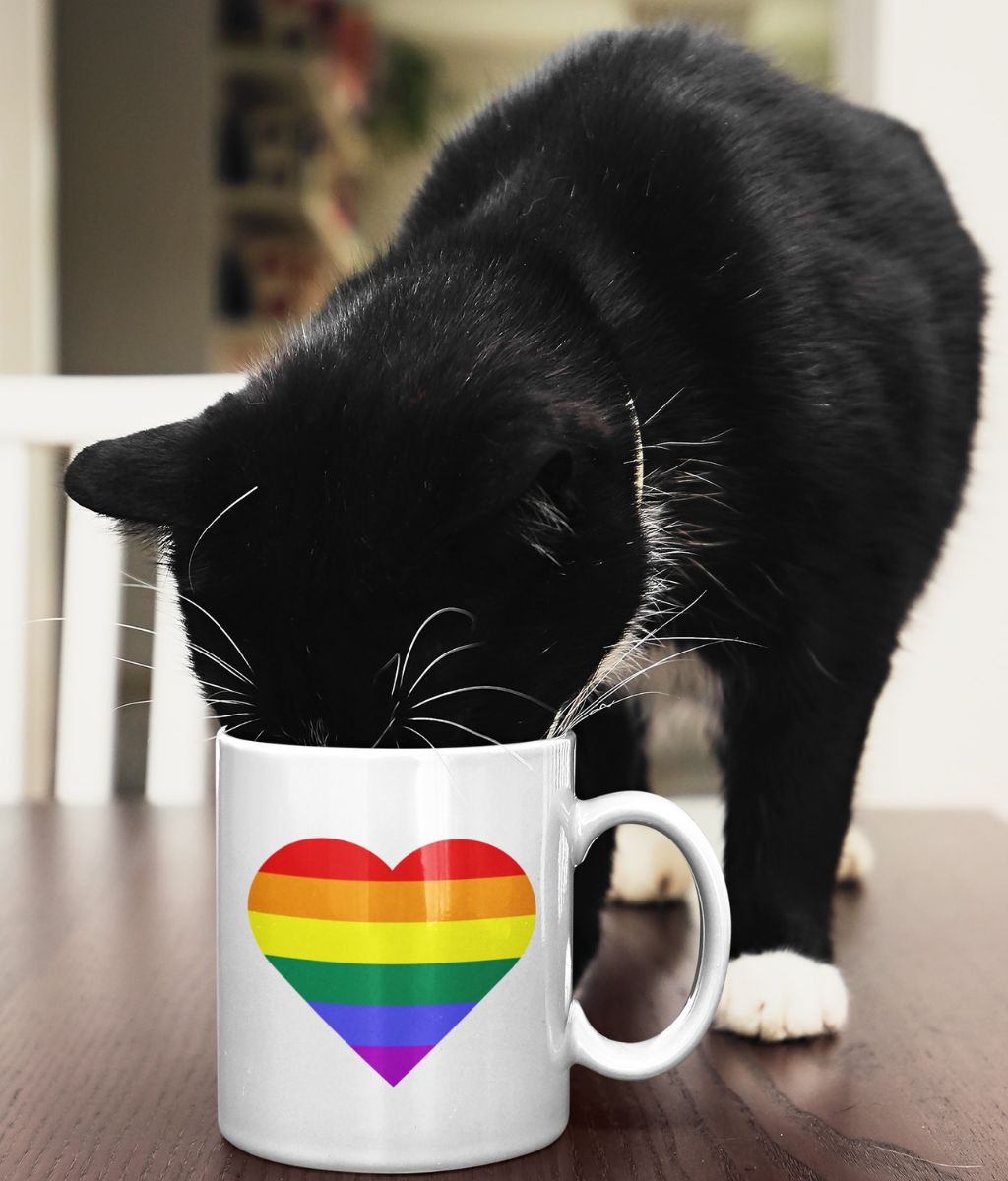
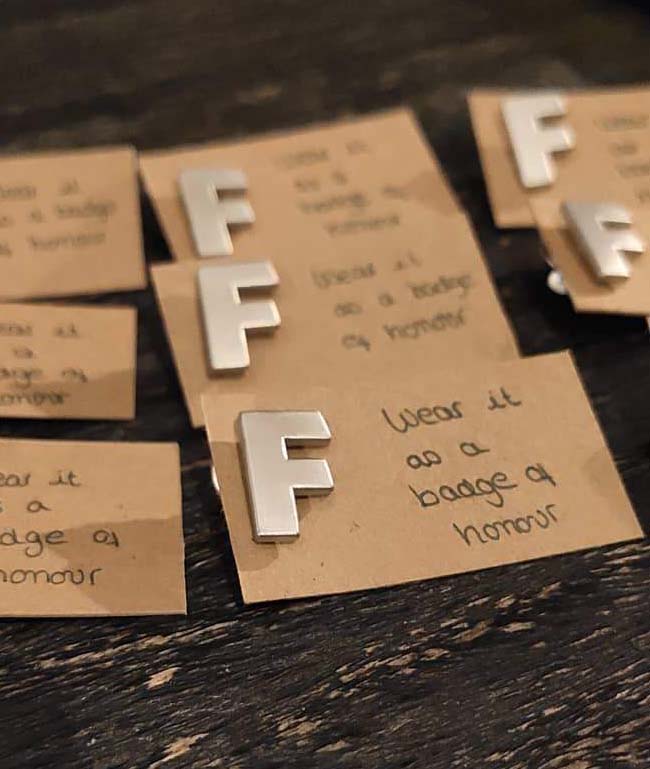
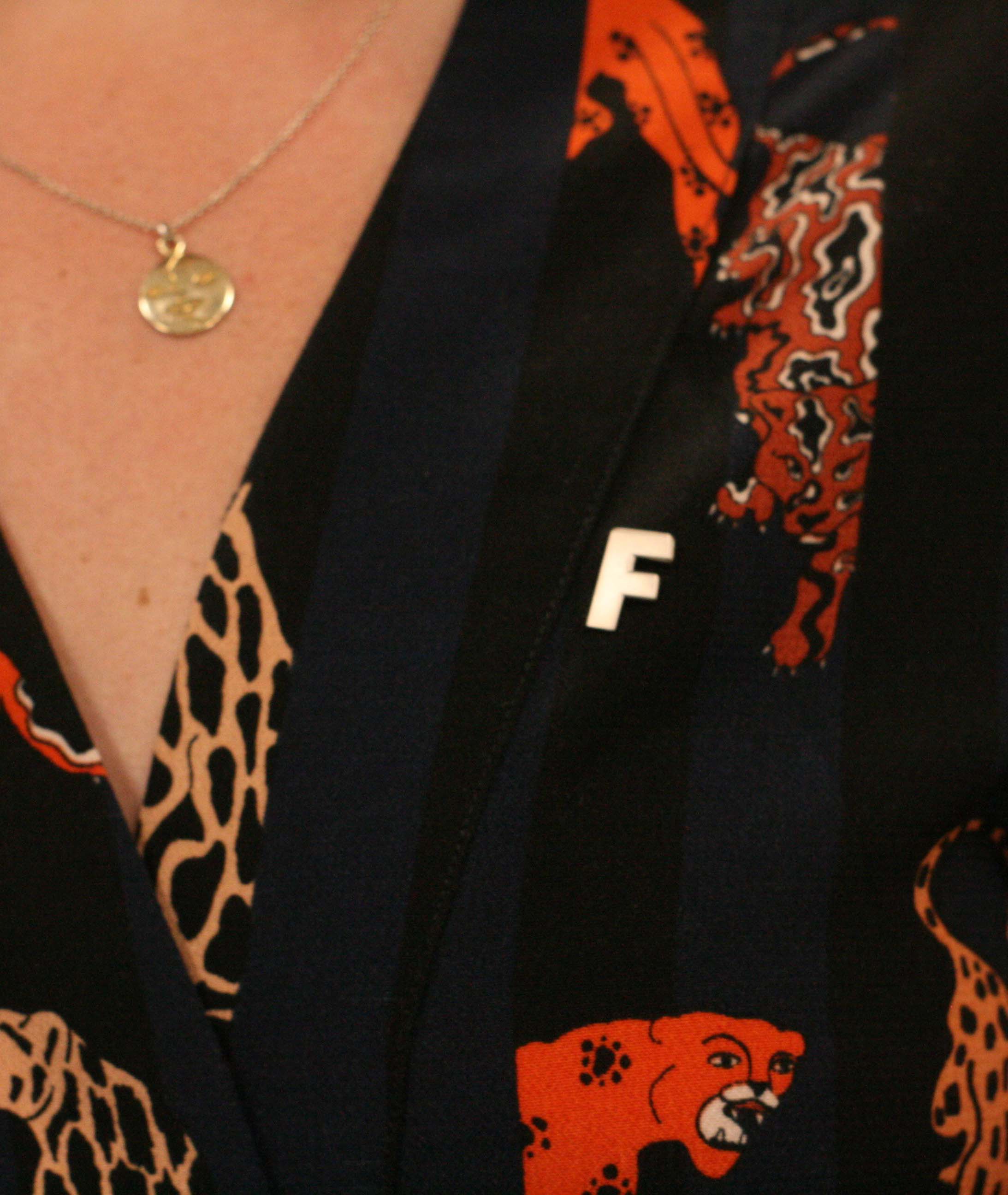
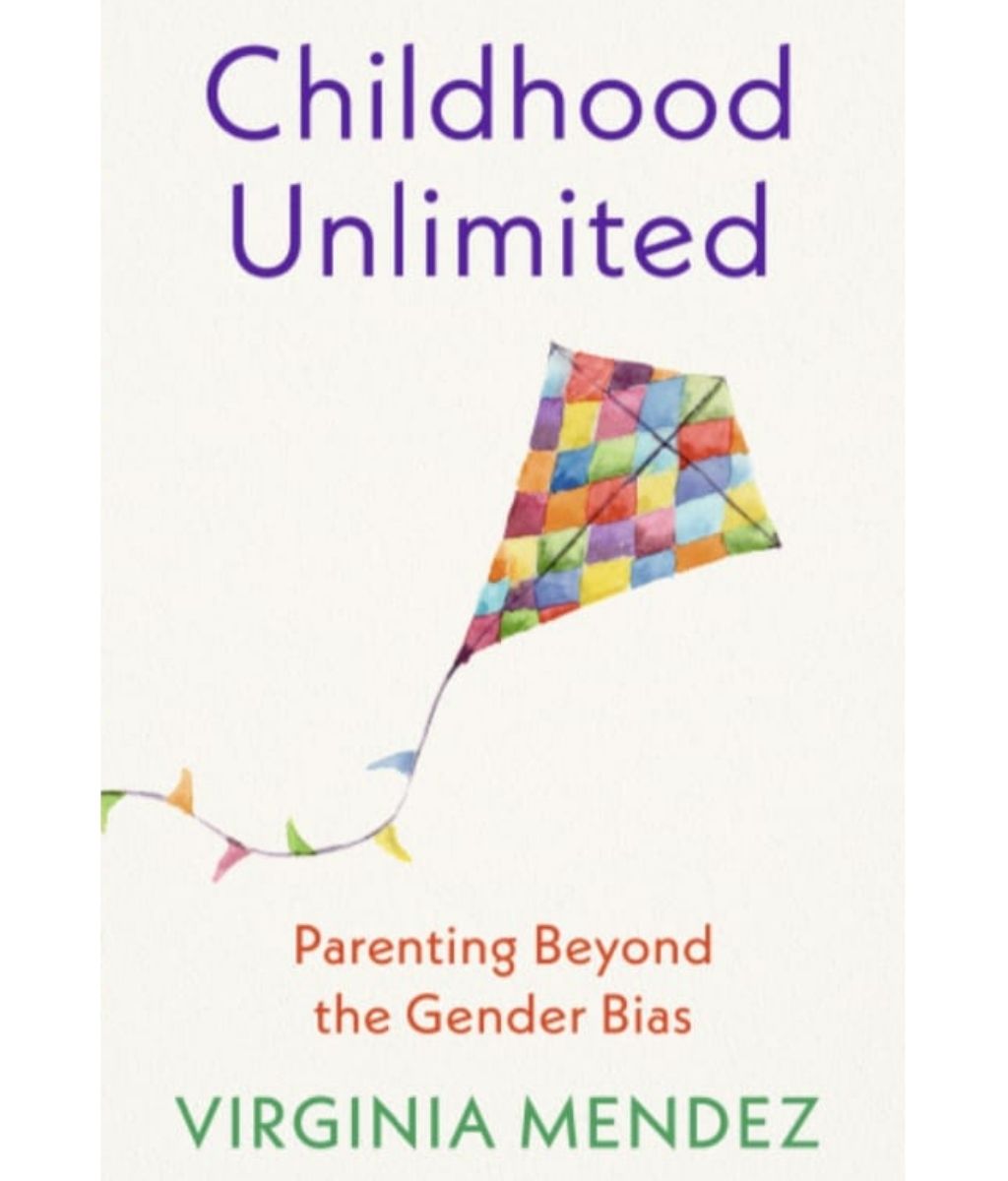
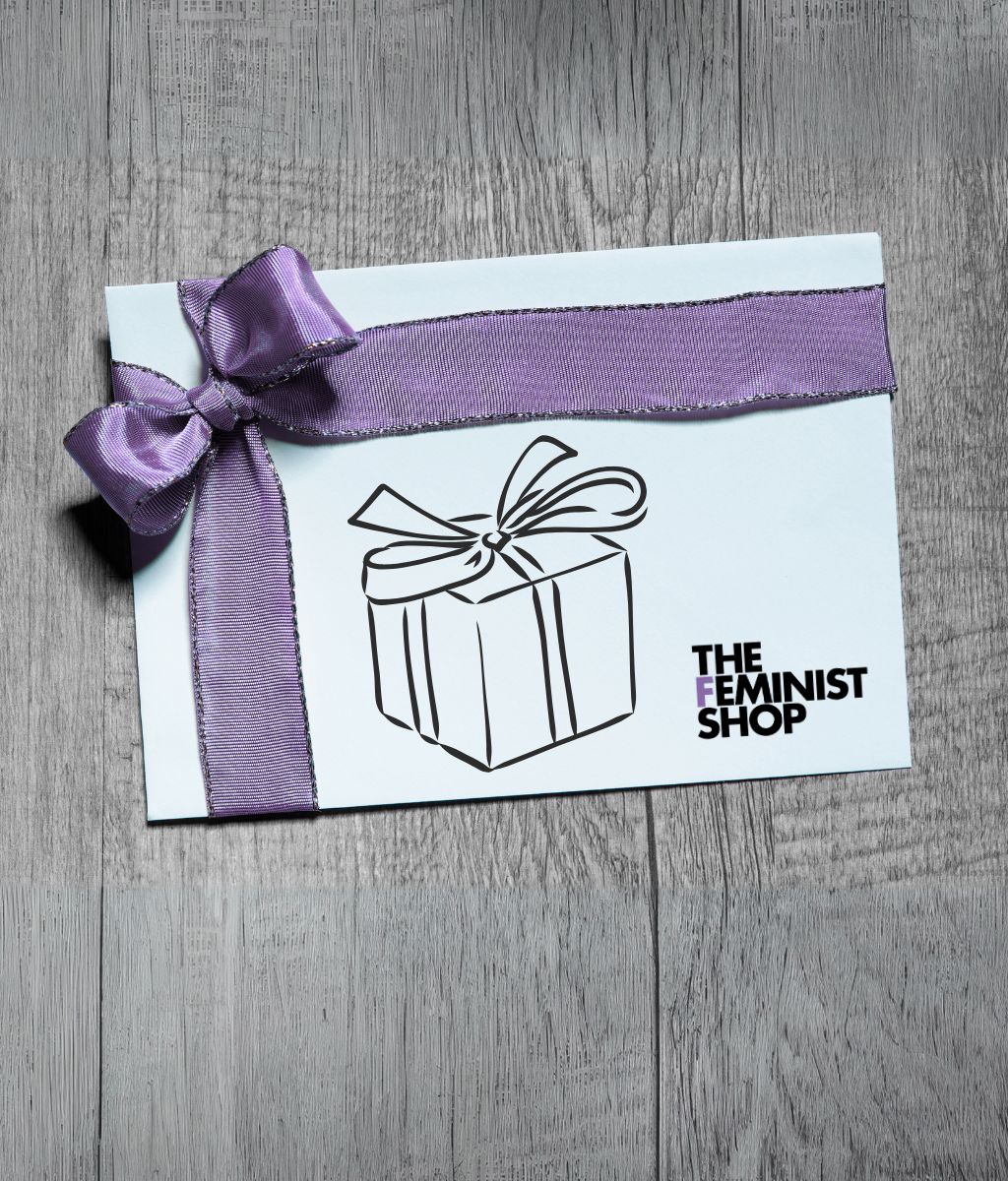
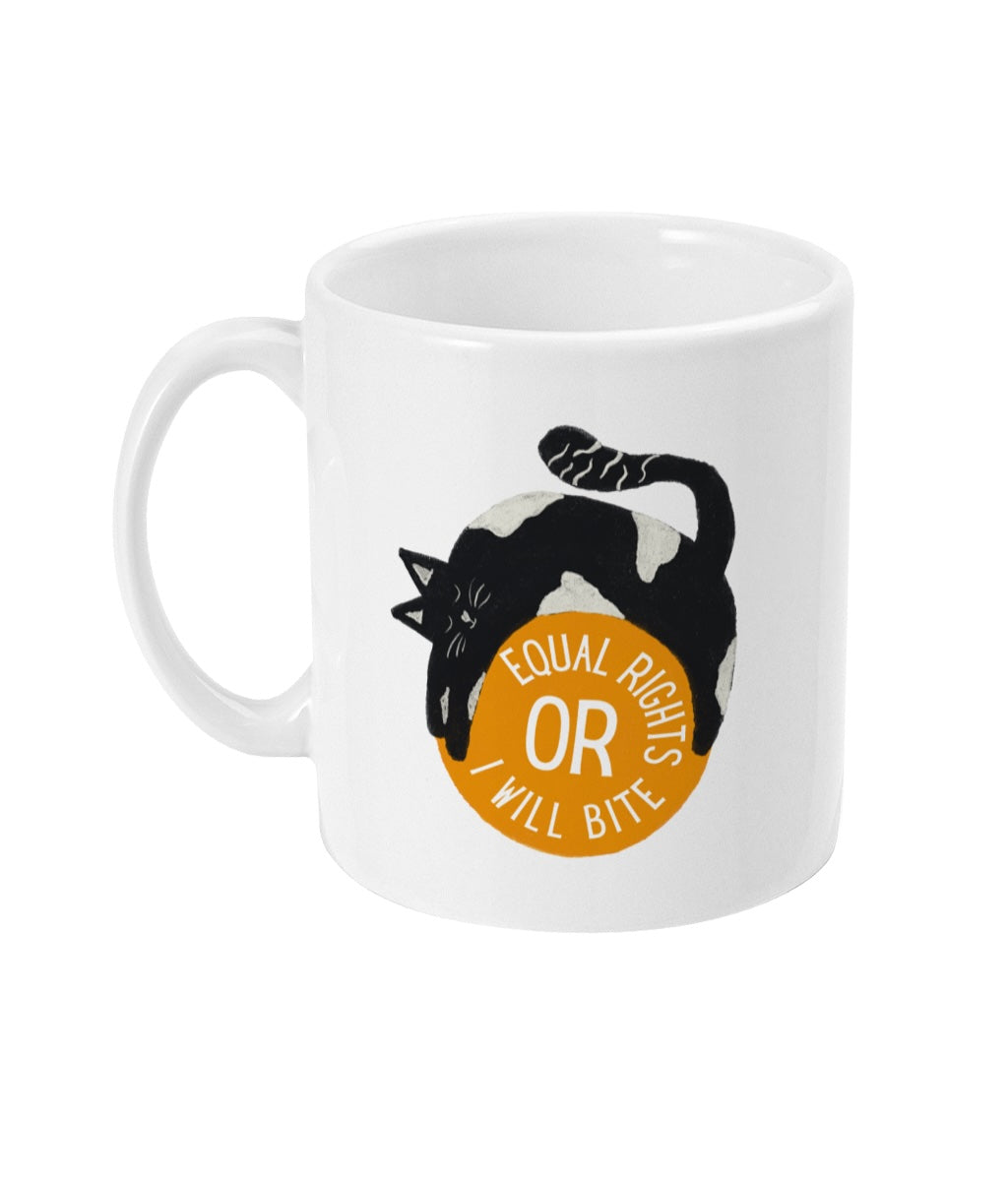
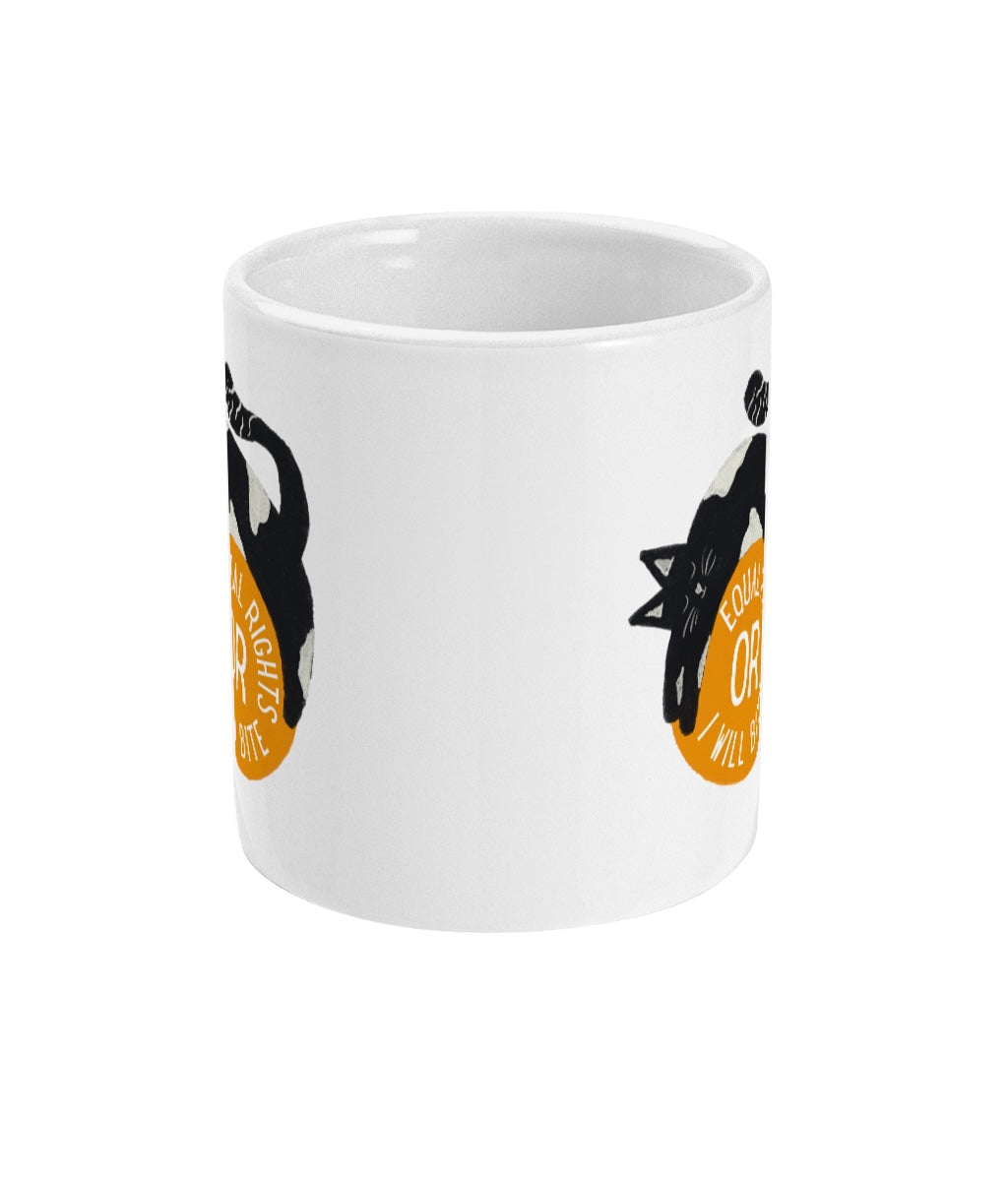
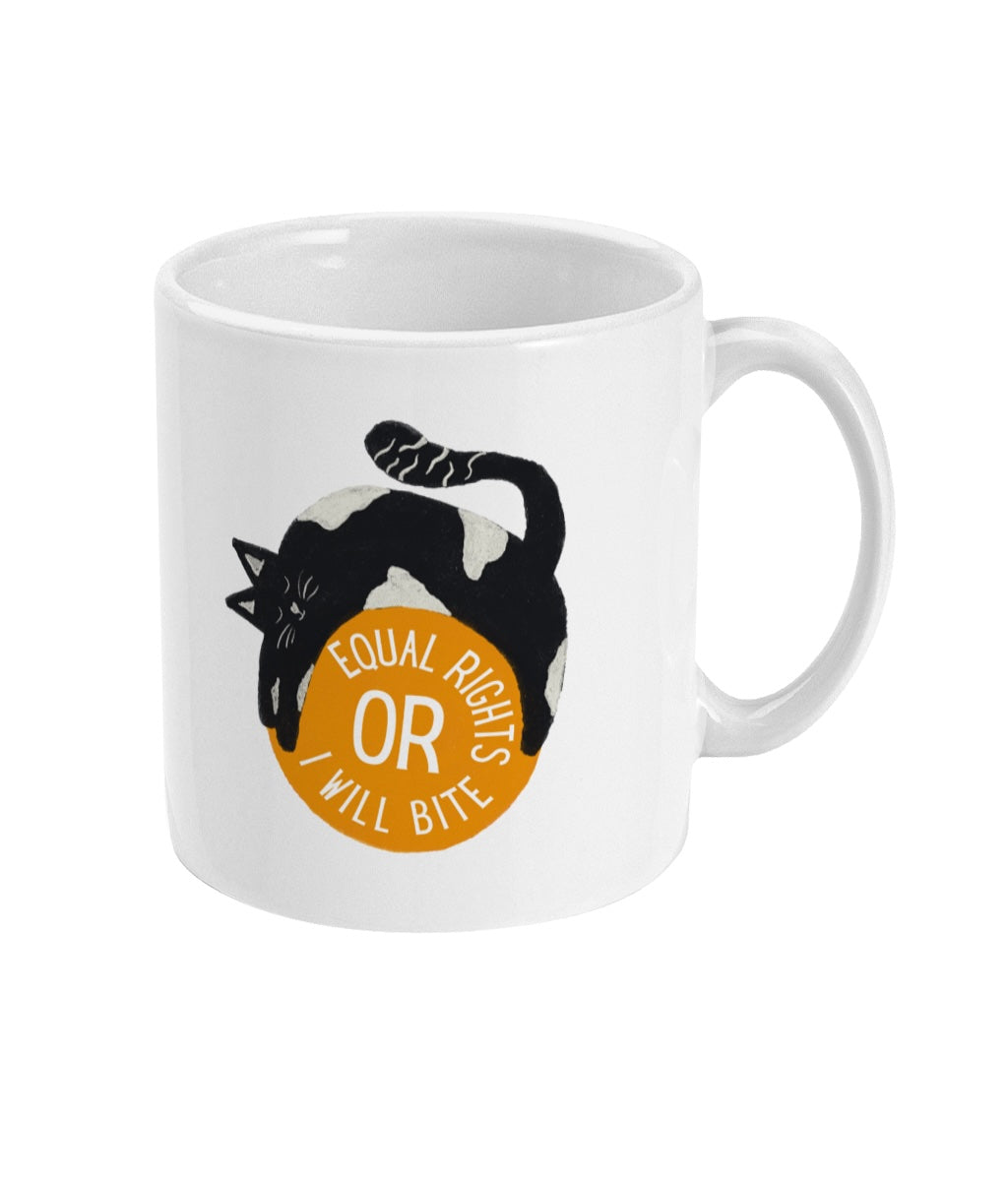
0 comments